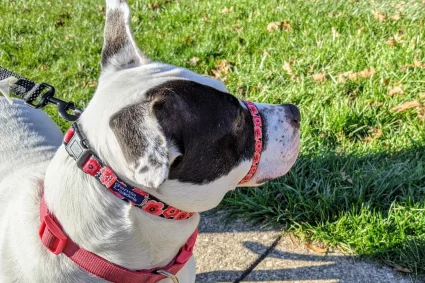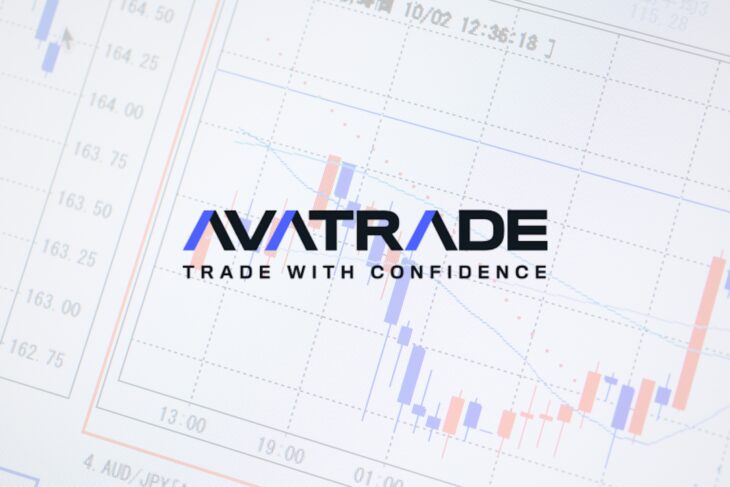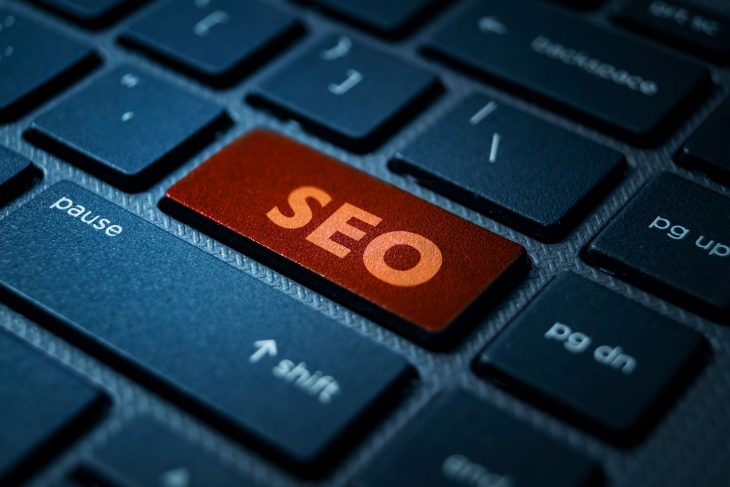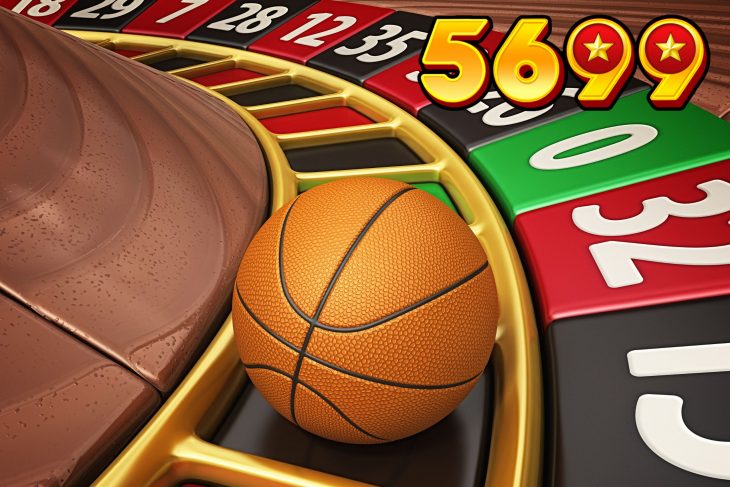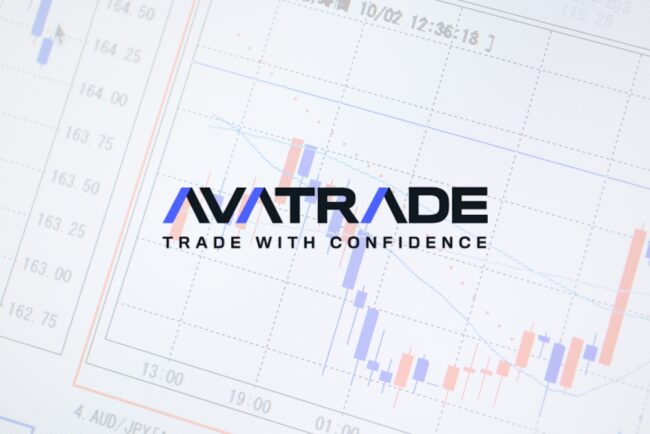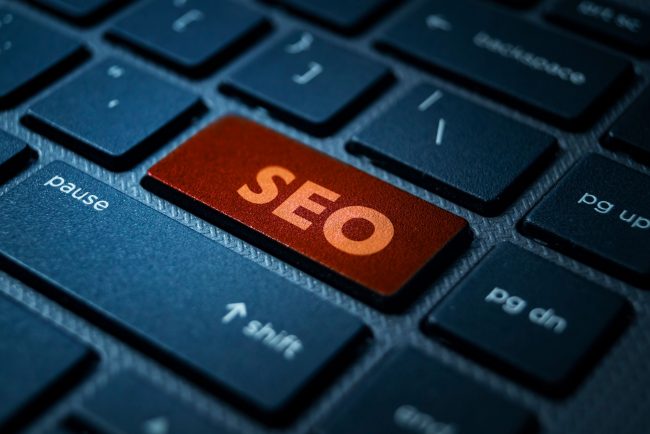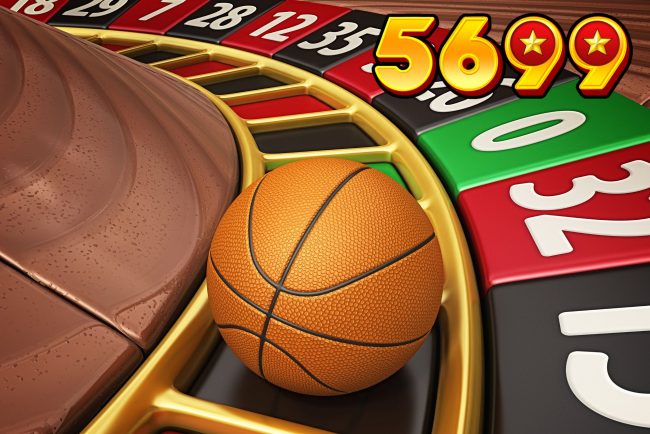
Having a horse has both pros and cons. While it may require a lot of time and dedication, it can also be a rewarding experience. Whether you plan to ride your horse for pleasure or compete in competitive events, it will require a lot of dedication. However, the rewards of owning a horse are worth the effort.
Disadvantages of owning a horse
While owning a horse does have some disadvantages, it also has many benefits. For example, owning a horse helps you stay physically fit. You’ll need good balance, proprioception, and muscle tone to ride well. You can also make some money off your horse, especially if you participate in horse races or lease a horse. Keeping your own horse also means that you can lend it out to your neighbors and friends.
Leasing a horse can be expensive. You’ll need to pay the horse’s lease regularly, and you’ll have to worry about the horse’s health. A horse lease can be restrictive in some cases, and it can make it difficult to spend time with your new animal. It’s also possible to spend too much money on a horse you’re leasing, which might not be what you want.
Another disadvantage of owning a horse is that you may not be able to take your horse with you if you go on vacation. Often, you’ll need to find someone to watch your horse while you’re away. A horse may also be a great distraction for kids and teenagers, who are increasingly dependent on technology.
Another disadvantage of owning a horse is that it can be dangerous for both you and your horse. Some horses can bite and hurt their owners, and you’ll have to spend a lot of money to keep them healthy. Horses also require a lot of space, food, water, and veterinarian visits. In addition to these costs, you’ll have to choose the right seller when buying a horse.
Costs of owning a horse
There are numerous costs involved in owning a horse. These include property, fencing, shelter, electricity, repairs and insurance. In addition, a horse requires regular care, including hay and supplements. Veterinary bills can quickly mount up to thousands of dollars. Fortunately, there are ways to deduct these costs.
Before purchasing a horse, you should carefully consider the costs involved. These expenses will vary from region to region, so make sure to call around for pricing on boarding services, farrier fees, and hay. Then, calculate the monthly cost of ownership. Once you’ve established a budget, you can start shopping for items to purchase.
While the initial investment is low, ongoing costs are significant. Feed, tack, and cleaning equipment will add to your budget. You’ll also need to pay for magazines, special clothing, and other items for your horse. You’ll also need to pay taxes, and interest on borrowed capital.
The market value of a horse is affected by supply and demand. If demand is high and supply is low, the price of a horse will be higher. You can save money by identifying your needs and evaluating the horse’s ability to meet those needs. You can also consider whether you’ll live on the property or if you’ll keep it in a barn.
The costs of housing a horse can easily exceed a thousand dollars. You must pay for housing at a stable or equestrian center, as well as food, water, and stall cleaning. Feeding a horse will run you several hundred dollars each month, and it can add up quickly.
Costs of leasing a horse
If you want to get involved with horseback riding but don’t want to invest a lot of money, you can consider leasing a horse. The costs will include various expenses, such as feed, tack, and veterinarian visits. You should also be aware of other costs such as farrier and blacksmith work, vaccinations, and worming treatments. The contract for leasing a horse should clearly state how much each of these expenses will cost.
The costs of leasing a horse can vary depending on where you live and what you’re looking for. You’ll likely be able to negotiate a better price in a rural area than in a city. Generally, the cost of leasing a horse includes basic board, but you should make sure to read the lease agreement to make sure that everything is covered. For example, you may have to pay for the services of a farrier and veterinarian, which can quickly add up.
A veterinarian’s visit will cost around $1,500 and annual shots will run about $400. The costs of leasing a horse will also vary by breed and location. For example, if you live in Westchester County, you may need to pay about $2,500 per year to maintain a horse. In addition, you’ll have to pay for monthly board, feed, and medical care.
Leasing a horse is an excellent option for beginners because it allows you to ride a horse for a fixed amount without the hassle of committing to a full purchase. The lease period can range from six months to a year. This allows you to test the animal out and determine if you’ll enjoy the activity long-term.





